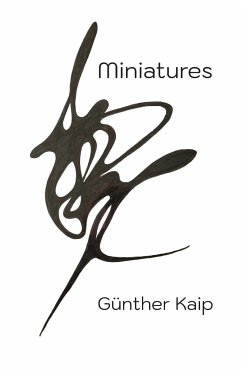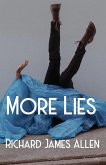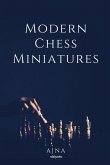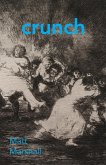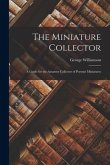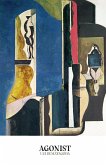Straight lines from A to B do not exist in our consciousness, which is constantly under attack by its impressions and experiences: seeing, smelling, tasting, hearing, feeling. They sometimes seem to have nothing to do with each other in the text, a juxtaposition of impressions, existing singularly, though they do form a whole. In memory it is words, which awaken, combine, trigger emotions, and suddenly direct to a new path, leading to different locations of the experienced. It's the famous 1+1=3! Only instead of numbers, the word unifies. Words have a body, a sounding board, permanently vibrating and creating spaces in this movement, which stretches out, narrows, and multiplies itself further-stories arise in this word rhythm, plots are traced, broken off and newly established. Windows of perception merge seamlessly as well as the internal and external view. My short prose pieces deal with the variety and simultaneity of spatial experiences in language, which I want to make to a tangible experience, to movement in the text of its language and words, which at best provoke new perceptions and perspectives in its readers.
Hinweis: Dieser Artikel kann nur an eine deutsche Lieferadresse ausgeliefert werden.
Hinweis: Dieser Artikel kann nur an eine deutsche Lieferadresse ausgeliefert werden.

